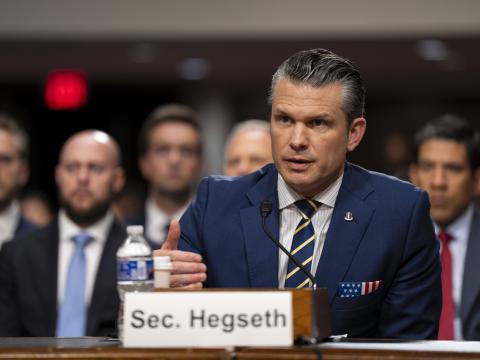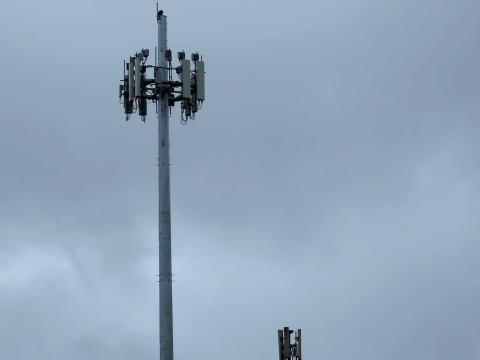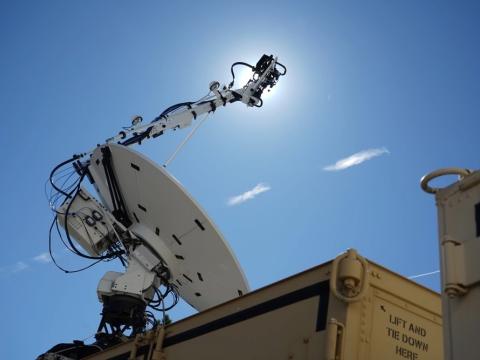DoD Wrestles With Social Media Identity
When Price Floyd, Principal Deputy Assistant Secretary of Defense for Public Affairs, came on board at the Defense Department a couple of months ago, he got the directive from Sec. Gates to use social media to engage-not just push out messages. But within days of starting, Floyd found that most of those social media channels had been shut down.
When Price Floyd, Principal Deputy Assistant Secretary of Defense for Public Affairs, came on board at the Defense Department a couple of months ago, he got the directive from Sec. Gates to use social media to engage-not just push out messages. But within days of starting, Floyd found that most of those social media channels had been shut down, he explained at the Gov 2.0 Summit Thursday afternoon.
New policies were in order, and so the DoD examined reasons for making the platforms accessible. They talked to families, and found compelling evidence that the availability of social networking tools was a boon to troop morale. The anecdotes that made their way back to the Pentagon demonstrated just how valuable social networks are for the troops. In one example, Floyd explained, one woman had shared how her husband was able to help his children with their homework while deployed, thanks to social media.
There were other benefits to troops, including the ability to update insurgency manuals and military blogs in real time, both proving to be tangibly beneficial to men and women in the field.
Floyd also explained some of the features on the new DoD website, defense.gov. It includes links to the DoD's presence on social networks and offers an interactive component that allows users to send messages to the Defense Secretary.While users are encouraged to ask questions, Floyd said that they were more interested in policy suggestions from readers.
Although the department is finding that the social media landscape is rich with benefits, they are still concerned about risks. Operation security remains a huge concern, and that's a key risk area. "People sometimes feel more secure talking to their friends, ironically," said Floyd. Not so long ago, those kinds of communications came in the form of a letter home, where only a few people would see it. But now, he added, it's there for the whole world to see.




Comments